Thank you for your interest in Ayuda.
Ayuda is a nonprofit animal welfare program. We are committed to the health and well-being of dogs and cats. Our territory is the Lake Atitlan region in the Guatemalan Highlands.
Operating as a team comprised 100% of unpaid volunteers, we work together in the names of compassion and care in a land where animal control has a history of being handled by semi-annual public poisonings.
Ayuda has no overhead and only 4% of our donations cover our minimal administrative expenses. Our work is funded through grants and by people like you who care about the plight of helpless animals. Your donations truly go to animal care.
DUE DILIGENCE: As an officially registered Guatemalan non-profit Asociación, the design of the Ayuda program is based on an extreme over-population of domestic animals, and caring citizens, businesses, schools, local and national government agencies, and other nonprofit organizations which share our philosophies and goals.
POPULATION CONTROL: Ayuda facilitates professional spay/neuter sterilization services for needy dogs and cats. As part of our standard treatments, we also provide for vaccinations against deadly local diseases such as Parvo and Distemper, along with internal and external parasite treatments.
Our weekly sterilization clinics are generally scheduled on Thursdays. Currently, we routinely facilitate clinics in 4 major villages and their aldeas. Impoverished locals and local rescuers are welcome to bring animals to any of our clinics.
AYUDA INTERNSHIP PROGRAM: In 2013 Ayuda received a seed grant from the Darlena Lake Foundation to initiate an internship program to develop a cadre of humanely educated Guatemalan veterinarians who will support sterilization efforts now and into the future. The program is open solely to final year vet students from the University San Carlos, School of Veterinary Medicine. Students are required to complete a 6-month, hands-on internship under the tutelage of a licensed Guatemalan veterinarian prior to receiving their diploma.
Interns provide basic medical services, assist and learn surgical techniques during our weekly clinics, negotiate and work with municipal authorities, provide humane education programs, and participate in some fund-raising activities. We believe this is a critical part of creating
DAY-TO-DAY ACTIVITIES: On a daily basis, roaming dogs and cats are caught, treated, and released to and from their daily habitats.
In addition to sterilizations and vaccinations, we provide hands-on treatments for parasites and other ailments such as mange, malnutrition and even cancer.
Generally, our pre/post-op care and treatments are provided hands-on by Ayuda volunteers. These treatments are typically performed in open public areas or in the homes of our neighbors.
Through simple but effective health care measures, and with no more confinement than absolutely needed, we have seen remarkable recoveries and positive measurable results in many roaming animals who were sick and dieing when we first discovered them.
VETERINARIAN SERVICES AND SUPPLIES: Ayuda partners with qualified professional Guatemalan veterinarians for sterilizations and other health care needs. Veterinarian services, medical supplies, hospitalizations, and all other professional services are paid by Ayuda on a pay-as-you-go basis.
HUMANE EDUCATION: We have found that the best humane education takes place during our open-to-the- public sterilization clinics as well as through our daily work in the neighborhoods. Ayuda interns and volunteers often educate curious passerbys (especially children) about the purpose of the hands-on humane things we do with the animals on their streets and sidewalks.
Ayuda interns provide presentations in local schools, to municipal employees, and the general public in which attendees are taught about the issues of over-population, cruelty, compassion, and survey techniques.
Additionally, interns conduct radio and local television call-in shows to answer general questions from the public.
FOSTERING AND ADOPTIONS: Our volunteers provide in-home foster care for animals requiring extended health care treatments, such as chemotherapy, as well as pre-adoption services for as many as possible until loving permanent homes can be found.
VOLUNTEERS: We eagerly and gratefully welcome volunteers (especially vets and vet students), as well as in-kind donations of supplies brought to us by visitors, and all other locals and visitors who care to help the plight of an over-population of neglected street animals.
MUCHAS GRACIAS: The daily lives we experience in impoverished communities overwrought with health issues have lead us to take stands of commitment for animals and humans alike–but especially in the names of civility and compassion for helpless animals. The Guatemalan Highlands have a very high population of homeless, starving, and endangered dogs and cats. We do what we can to prevent their deaths, and offer them health care and human kindness. And we need help.
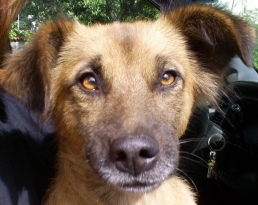
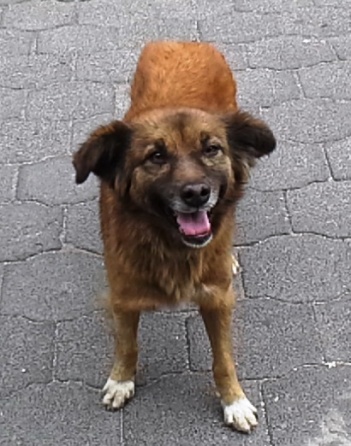
In Spanish, ayuda means “help”.
Thank you for helping Ayuda to continue its help for the helpless.
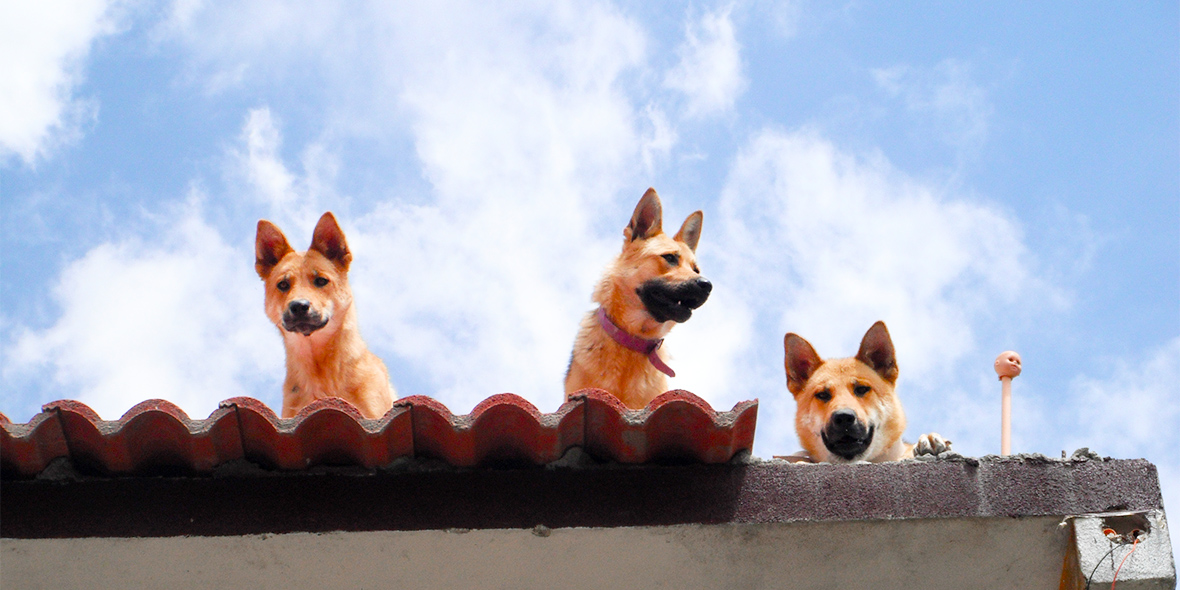
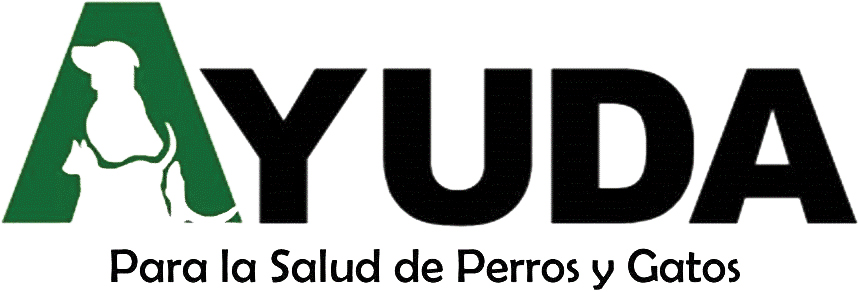
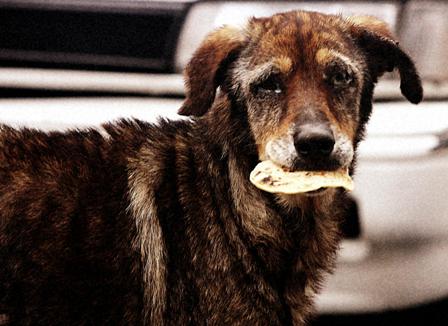

Hi. I am in Lake Atitlan right now and am overwhelmed by the condition of dogs. I would.lobe to contribute but I need to know more about your organization. How many dogs have you sterilized in, say, 2023? How do you do outreach in the community.about your work? How many volunteers do you have? Do you have vets on staff or do you have a vet practice you partner with? I just want to make sure you are real.
Hello. Ayuda does not work in all villages on Lake Atitlan. It could be helpful to know where you are situated and being overwhelmed by the condition of the dogs you are encountering. Our primary benefactors (grant givers) do not support working in villages where the local governments have violated federal laws and disrespected their contracts with us by culling roaming dogs with poison. While we accept animals from all local villages, during 2023 we held weekly sterilized clinics in Panajachel, and monthly clinics in San Andres, Godinez, San Juan, and San Antonio. During 2023 Ayuda sterilized 1,702 dogs and cats. This was less than our normal annual volume of sterilizations due to the national strike during October. Otherwise we likely would have completed 175-200 additional surgeries and met our normal annual goals. The number of volunteers we have is spread out across the villages where we work, which is not an equivalent distribution of numbers of volunteers per village. At this time we have a total of approximately 30 volunteers ranging from locals who assist in the sterilization clinics and adoption fairs, to those who foster in their homes and tend to the homeless. At this time we work exclusively with one Guatemalan veterinarian as a contractor. Ayuda has no paid staff. We reimburse travel and other types of expenses to volunteers, and (in accordance with U of San Carlos requirements) we pay a monthly stipend to final year veterinarian students from University of San Carlos doing their required 6 month internships of field work and learning surgical techniques through Ayuda’s sterilization clinics. In each village where we currently work, the local administrations provide dedicated office spaces for our interns who spend at least one day each week in the respective offices. When working in the offices the interns provide basic veterinarian services to those in need and cannot otherwise afford to pay a professional vet’s fees, as well as distribute and present humane ed materials produced by professional animal welfare organizations with which we are affiliated i.e., Humane Society International, Best Friends Animal Society, World Society for Protection of Animals, etc. Besides doing humane ed presentations in local school classrooms, our interns and volunteers have been guests on numerous local tv talk shows and call-in radio programs. Ayuda has been a formally registered Guatemalan non-profit organization since 2009. Our primary benefactors are Brigitte Bardot Foundation, Marchig Trust of Scotland, and Cold Noses Foundation in the USA. Annual grants received from these sponsors account for approximately 75% of our annual budget, with primary emphasis on spay/neuter charges by our vet. The bulk of our other expenses (vaccines, parasite treatments, vet fees for emergency services, intern stipends and volunteers’ expenses, intern supplies, etc.) are enabled through donations by locals receiving Ayuda services, website donations, donation boxes in local businesses, and the like. We hope this information is helpful and adequately addresses your questions and concerns.
Thank you for the detailed response. I wrote you from Panajachel. We were there for two days. We are traveling by motorcycles. Since then, we have been in Quiché, Huehuetenango, Nebaj and Coban. Now we are in Lanquin. I fundraise sometimes for an organization that helps dogs in Kabul (I worked in Afghanistan in 2007) and the country of Georgia – they are called Mayhew International. When I am back at my home in Oregon, I will share donation info for you with my network on social media and my blog. This is me: http://www.coyotebroad.com